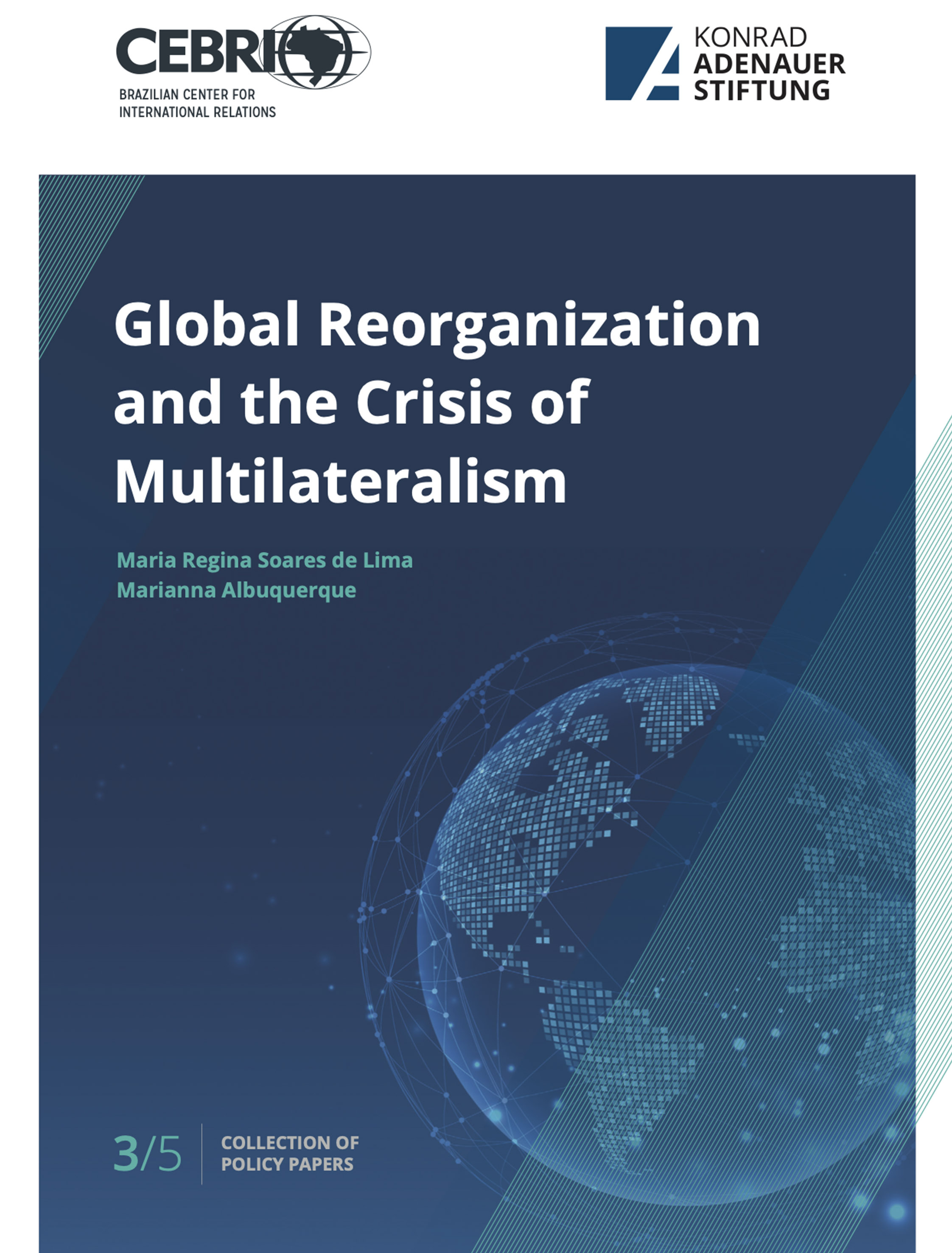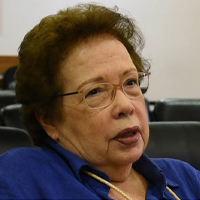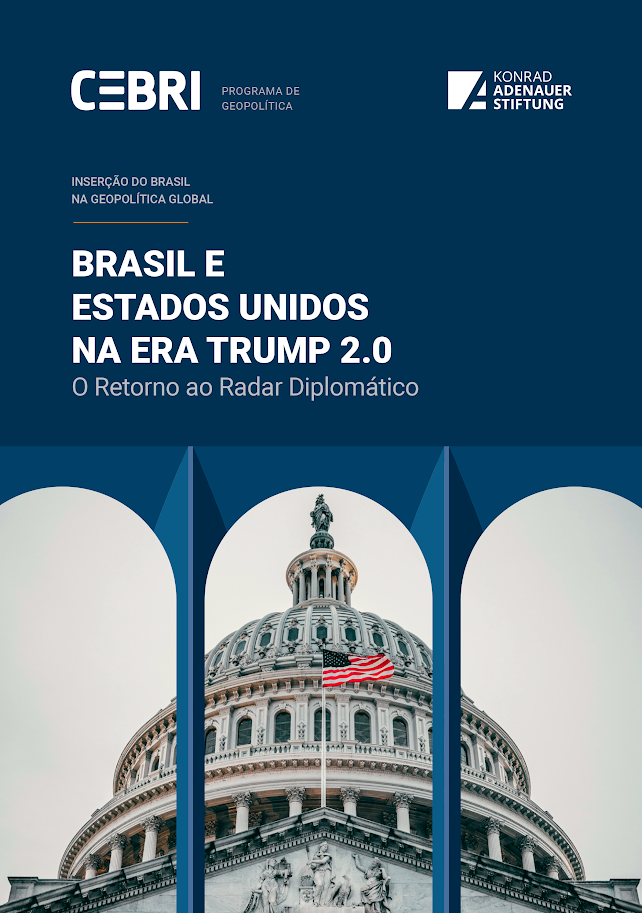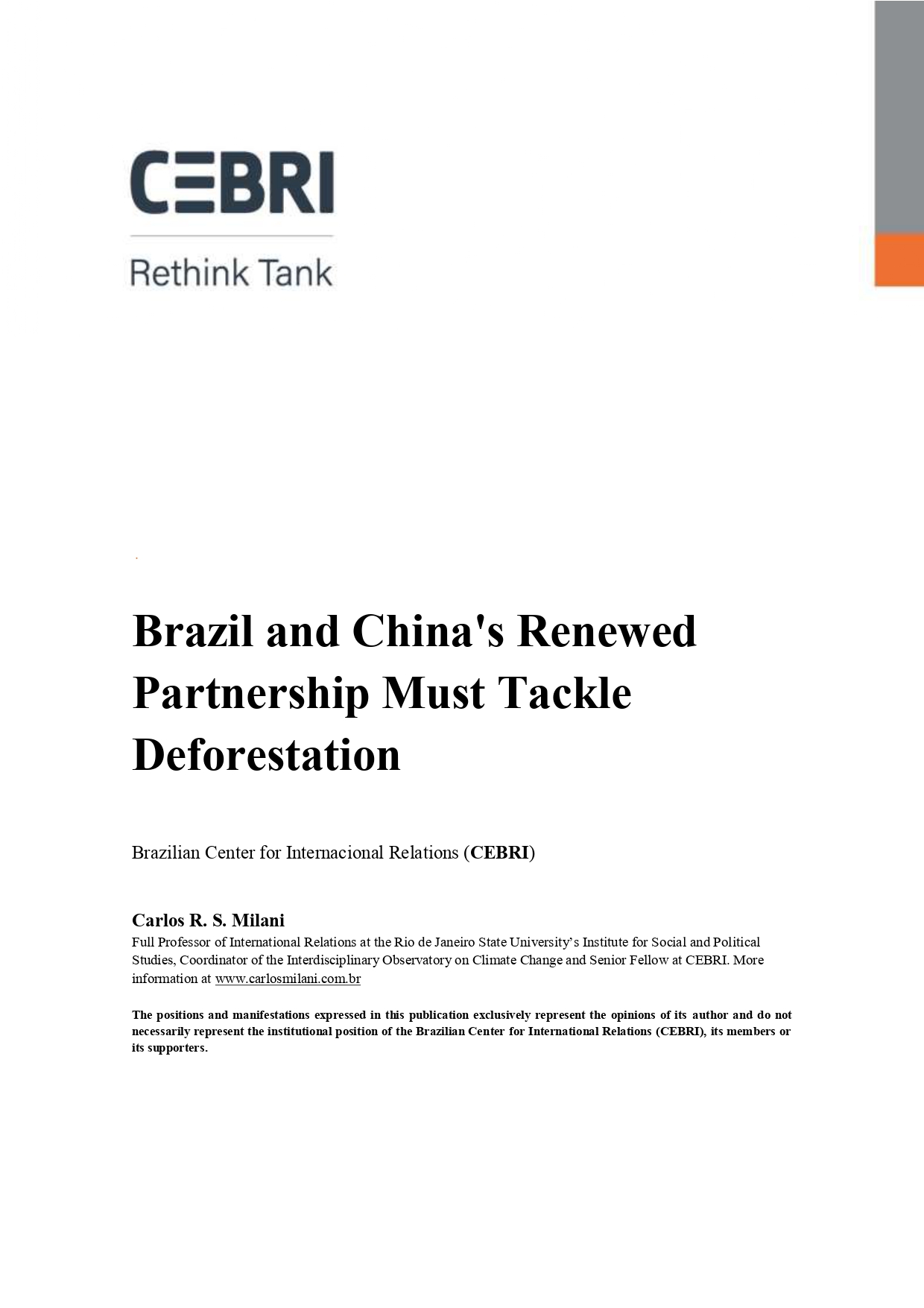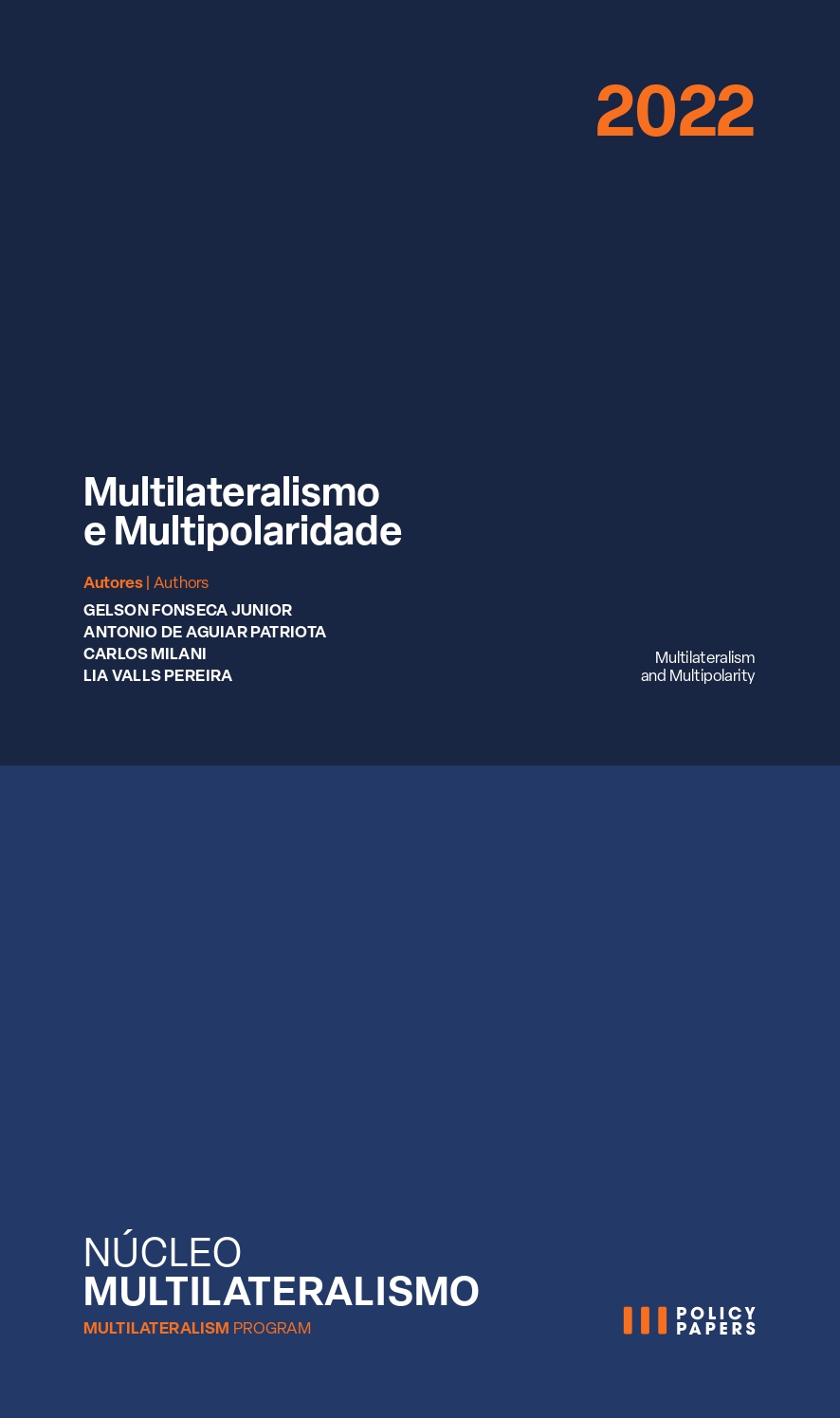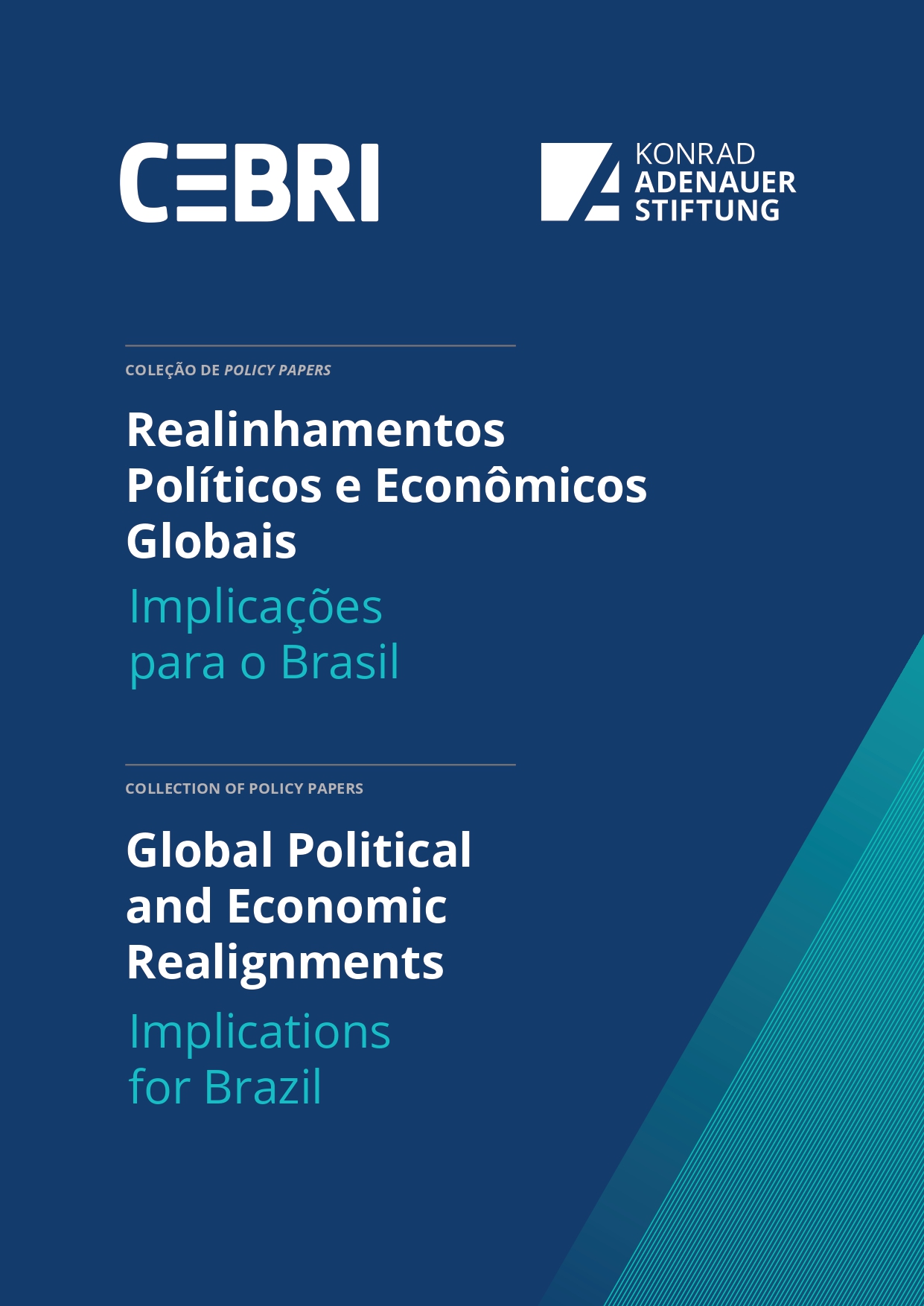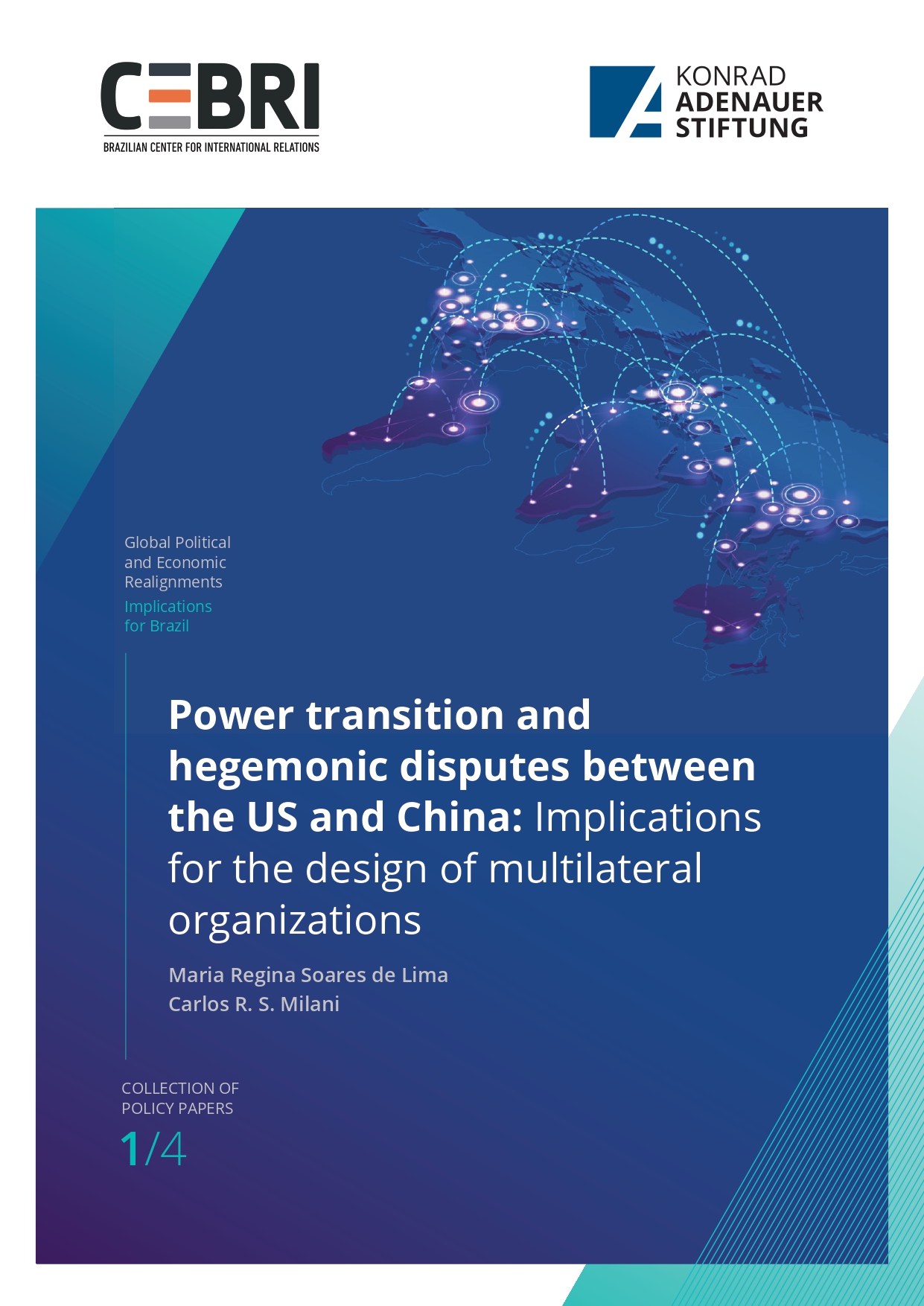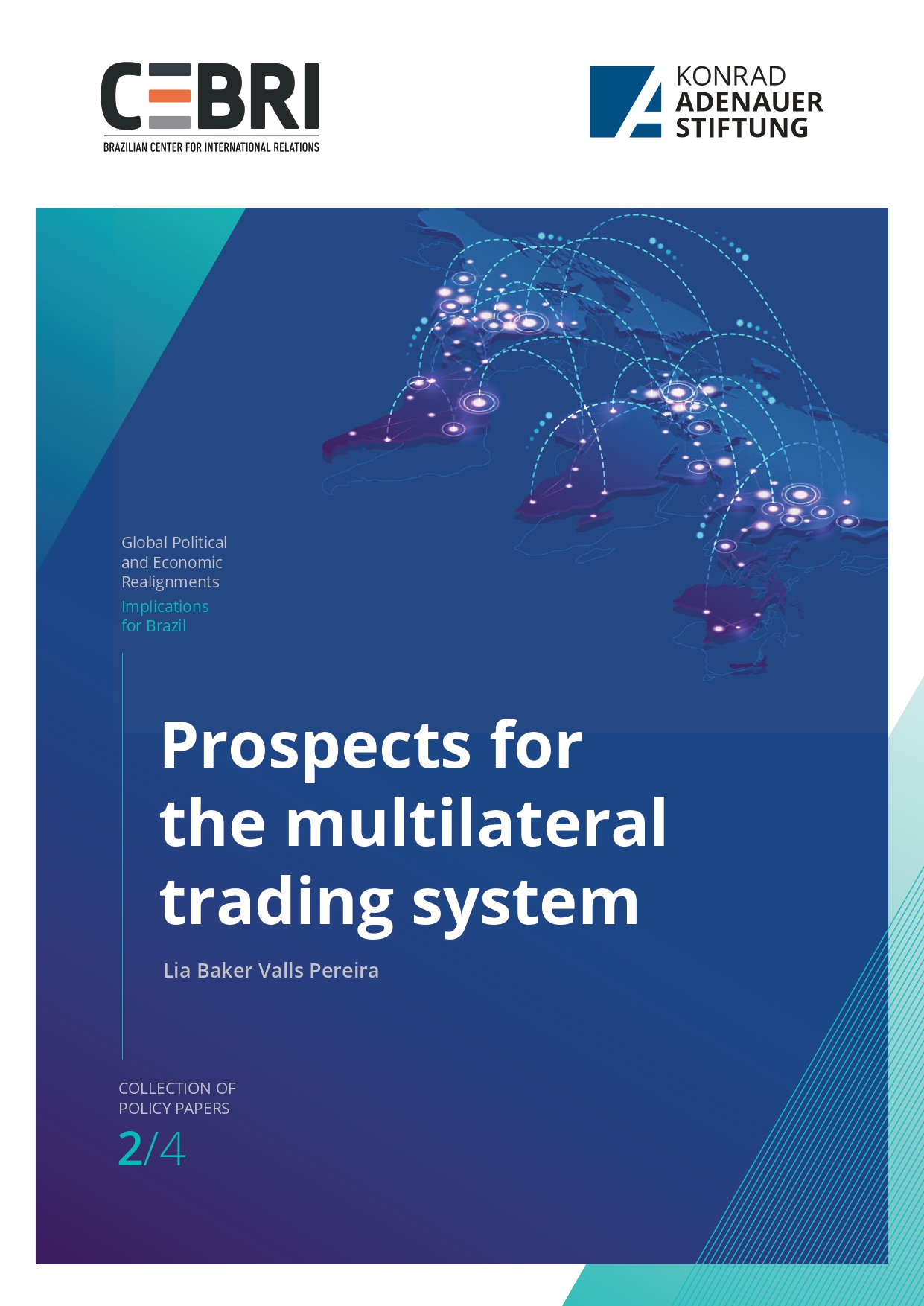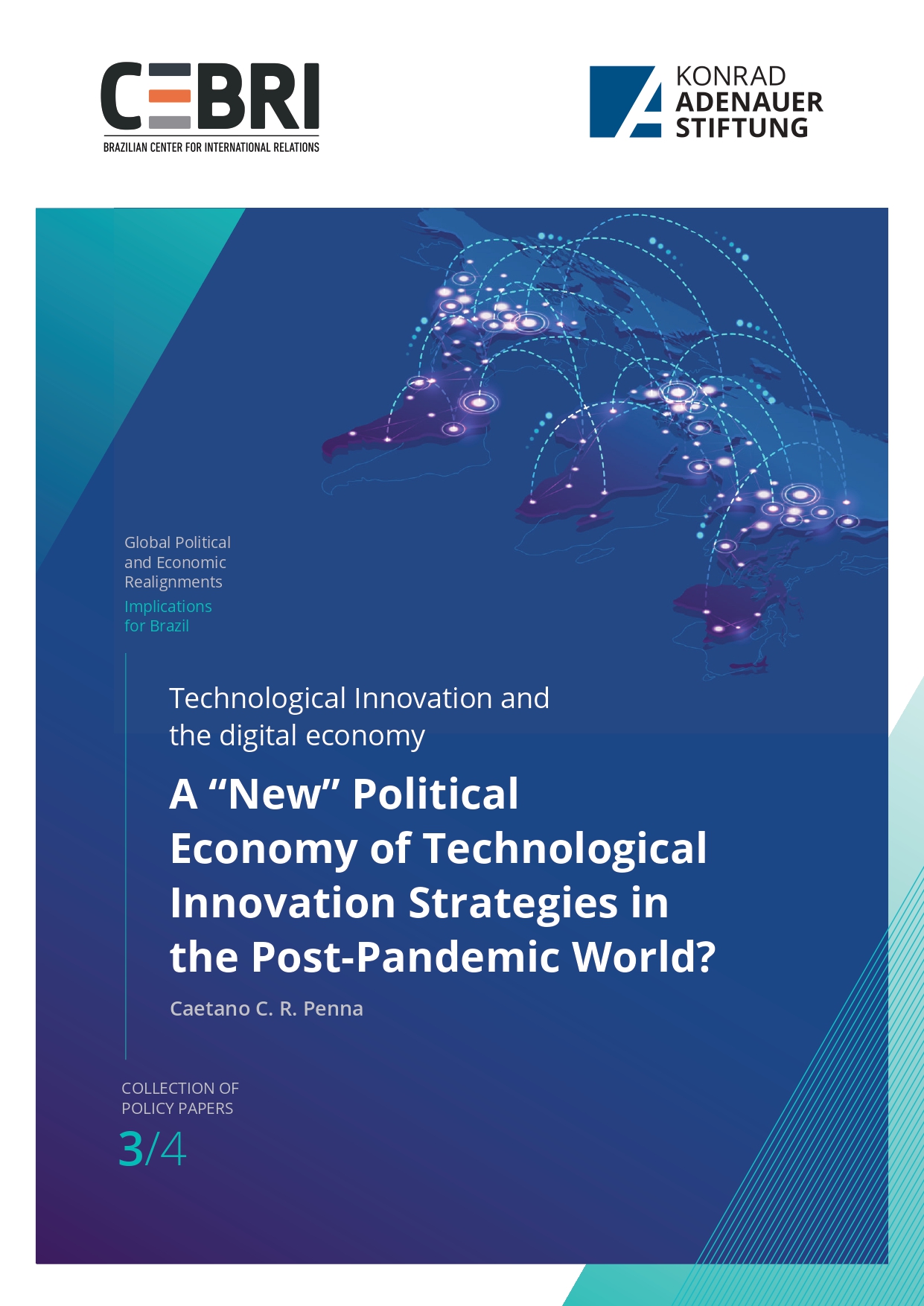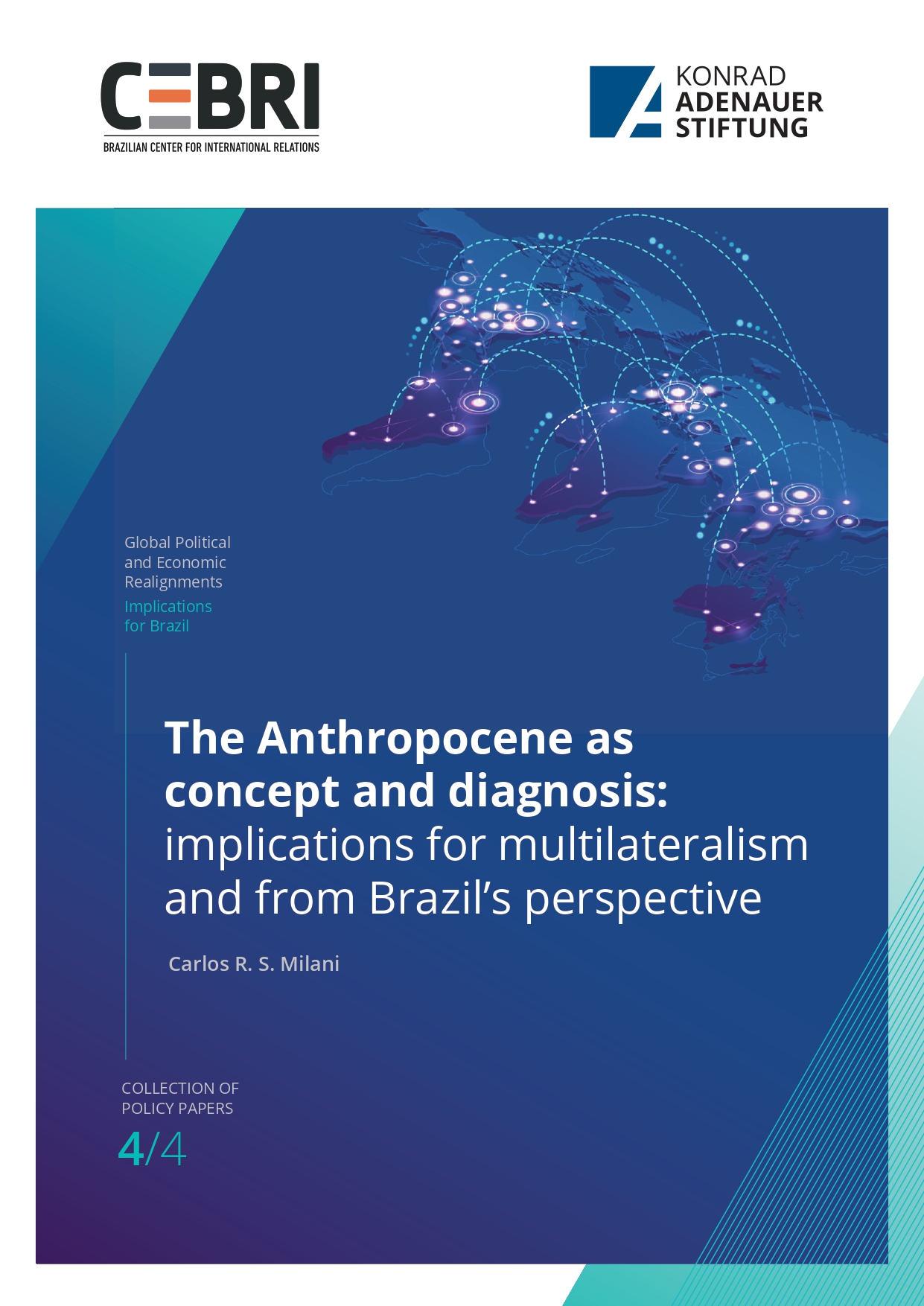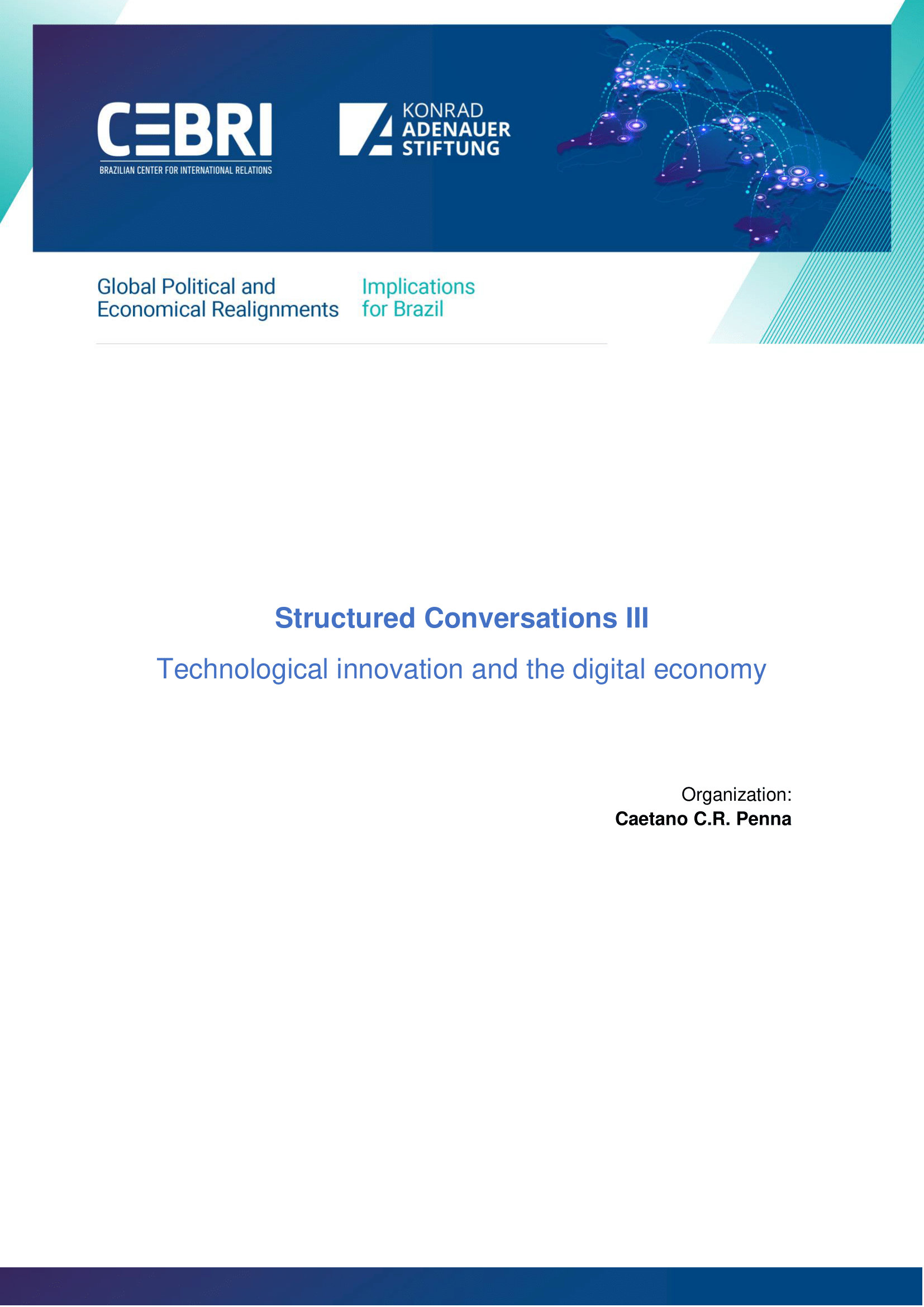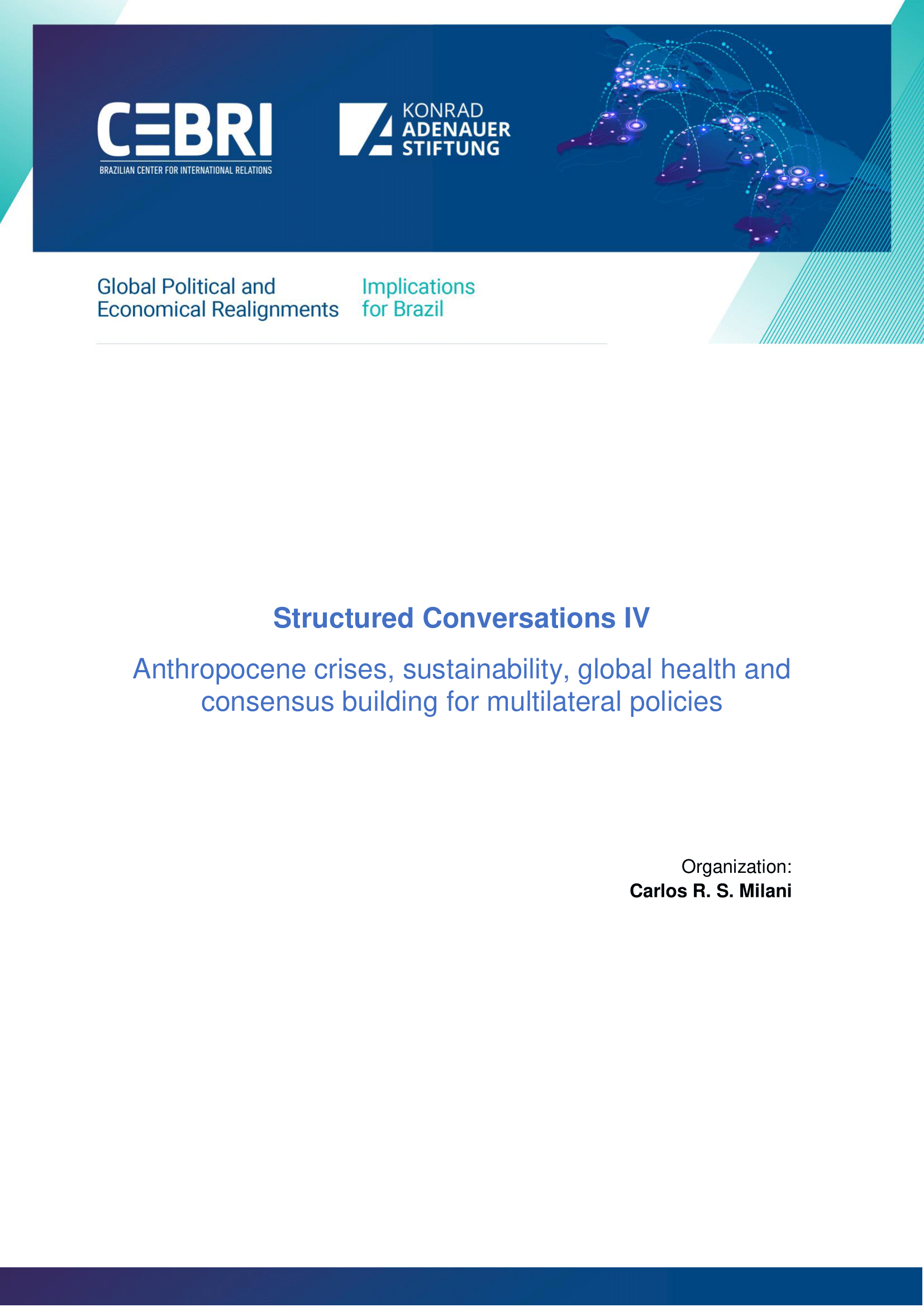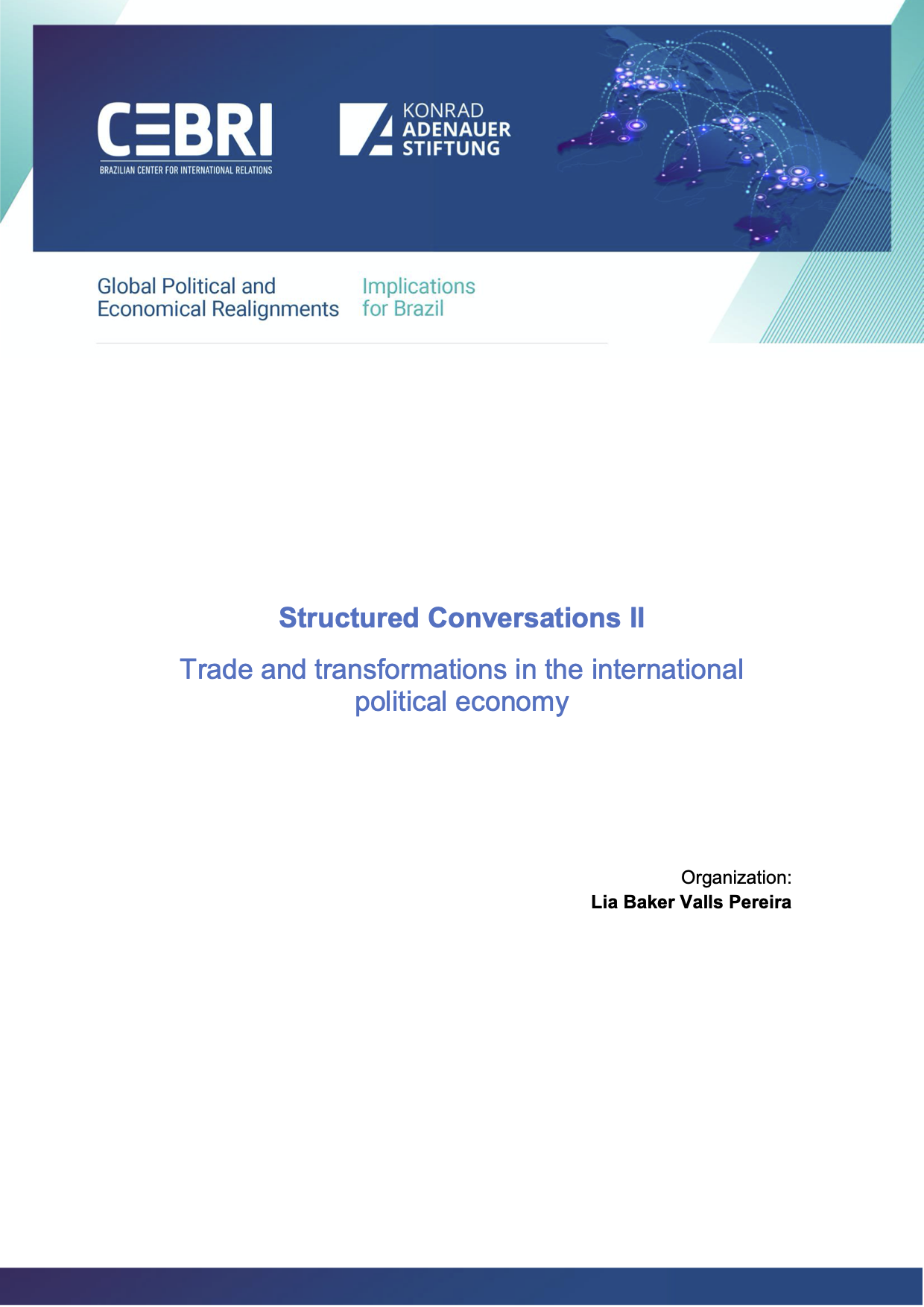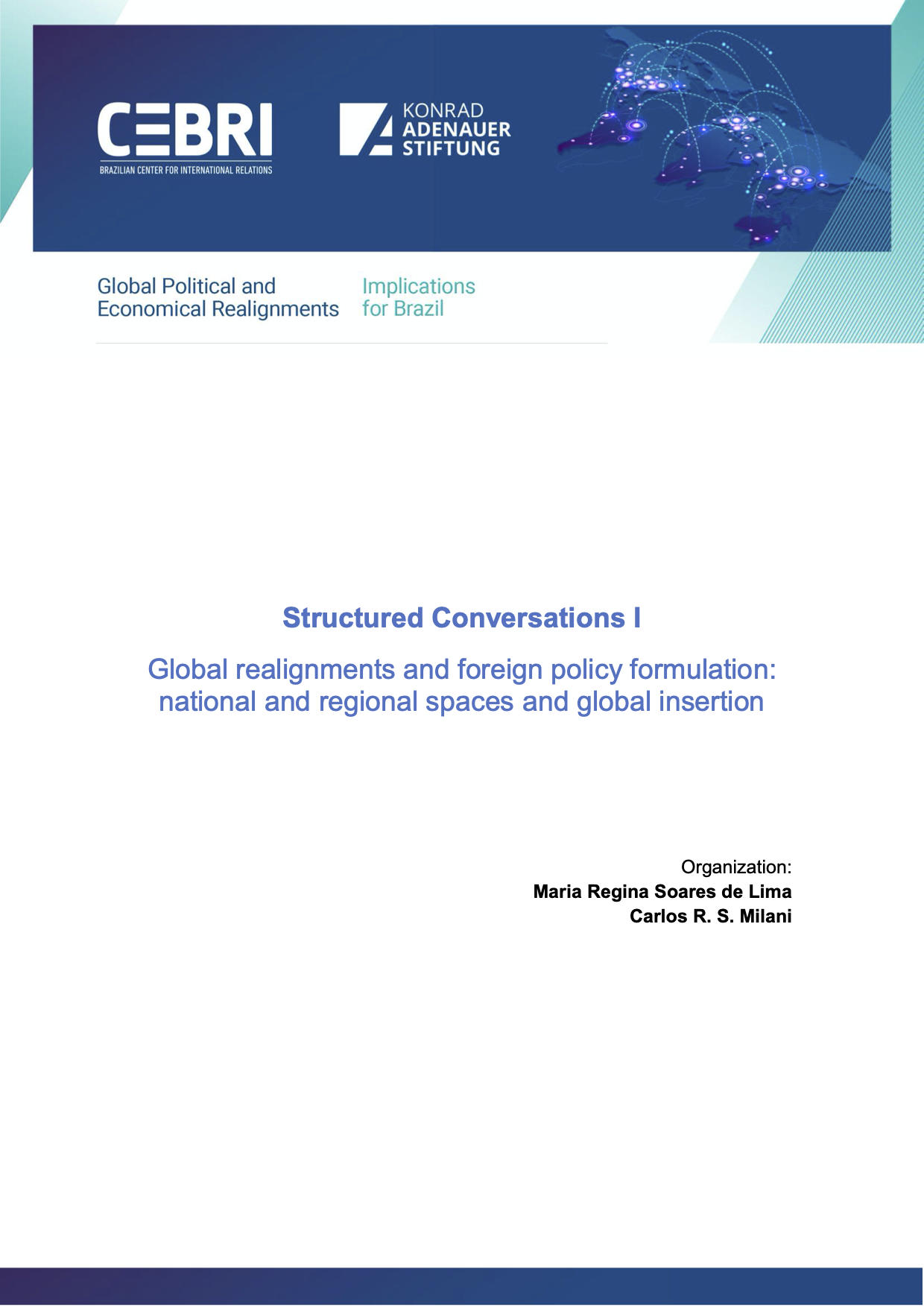Policy Papers
Global Reorganization and the Crisis of Multilateralism
- Multilateralism
- 31 december 2020
International Politics: Reorientation of Multilateralism in partnership with the Konrad Adenauer Foundation.
Global Reorganization and the Crisis of Multilateralism
The Covid-19 pandemic brought, along with the health crisis, numerous social, economic, political, and institutional challenges. At the center of the turmoil was the World Health Organization (WHO), which was criticized for its inability to control the pandemic due to its bureaucratic nature, slow response capacity, financial deficiencies, and disagreements between political and technical staff. The WHO has become one of the expressions of the political-diplomatic confrontation between the United States and China, synthesizing the broader multilateral crisis, marked by the loss of legitimacy of the post-World War II liberal order, the unilateralism practiced by the Trump administration, and the emergence of China's international performance in international organizations, which do not fit the Western pattern.
Maria Regina Soares de Lima and Marianna Albuquerque start from the premise that "the origin of the numerous contestations that multilateral organizations suffer is related to the lack of legitimacy arising from the inadequacy of the post-World War II liberal-Western institutional framework to a new world, with new power poles and greater identity and ideological diversity."
This policy paper seeks to point out possible diagnoses for the crisis of multilateralism. In addition, regional experiences that point to diverse strategies for collective action will be introduced, and some possible future scenarios and challenges for global reordering will be presented.
International Politics: Reorientation of Multilateralism in partnership with the Konrad Adenauer Foundation.
Global Reorganization and the Crisis of Multilateralism
The Covid-19 pandemic brought, along with the health crisis, numerous social, economic, political, and institutional challenges. At the center of the turmoil was the World Health Organization (WHO), which was criticized for its inability to control the pandemic due to its bureaucratic nature, slow response capacity, financial deficiencies, and disagreements between political and technical staff. The WHO has become one of the expressions of the political-diplomatic confrontation between the United States and China, synthesizing the broader multilateral crisis, marked by the loss of legitimacy of the post-World War II liberal order, the unilateralism practiced by the Trump administration, and the emergence of China's international performance in international organizations, which do not fit the Western pattern.
Maria Regina Soares de Lima and Marianna Albuquerque start from the premise that "the origin of the numerous contestations that multilateral organizations suffer is related to the lack of legitimacy arising from the inadequacy of the post-World War II liberal-Western institutional framework to a new world, with new power poles and greater identity and ideological diversity."
This policy paper seeks to point out possible diagnoses for the crisis of multilateralism. In addition, regional experiences that point to diverse strategies for collective action will be introduced, and some possible future scenarios and challenges for global reordering will be presented.
